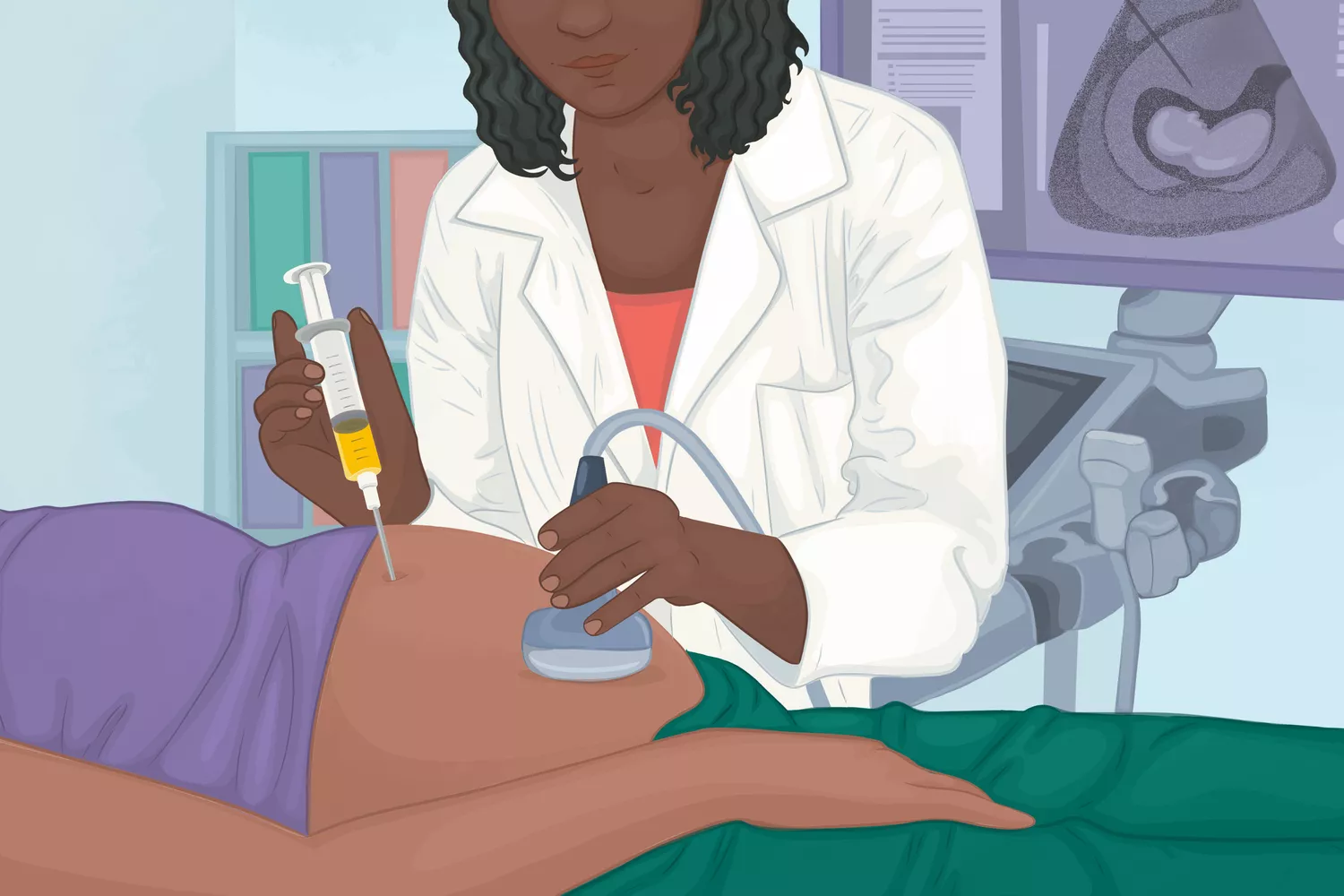What is a midwife?


It makes sense to choose someone who is able to give you the time you need during your pregnancy, labor, and delivery. According to research, having a midwife trained can reduce the rates of cesarean sections, medical interventions and rates of infection. What does a midwife do and do you really need one?
22 Tips for a Healthy Pregnancy
Learn more about midwives and how to choose the right one for you during pregnancy and after birth.
What is a midwife?
Midwives are healthcare professionals who specialize in pregnancy care, such as labor and delivery, afterpartum care and newborn care. Midwives can be found in hospitals, birthing centres, and private practices. They can carry out home births.
They provide comprehensive prenatal (pregnancy), intrapartum(birth), and afterpartum care. They can be a person’s primary provider of prenatal care unless complications occur outside the scope of midwifery. Jenna Benyounes is a certified nurse-midwife, director of clinical talent recruitment strategy at Quilted health, and a DNP, WHNP. “Depending on the state laws, some midwives have been trained to provide gynecological services. This can include providing fertility assistance, prescribing contraception, performing medical abortions, or prescribing birth-control.
Although midwives can perform their services in multiple settings, 94% certified nurse midwives attend hospital labor and deliveries, where they are present for 9% of hospital births. Also, they attend 50% of home births, and 40% of births at birthing centers.
What is a midwife?
There are many different types of midwives who can offer different levels of care. Some midwives, for instance, are more educated, have more professional training and credentials. This allows them to provide a wider range of services, including in hospitals. Some midwives are less trained and can therefore offer fewer services. This includes working in hospitals. Midwives provide a variety of services, including:
- How to confirm and date a pregnancy
- Prenatal care includes ultrasounds and blood tests
- Education and support during labor and delivery
- Attending to the birth of a baby and its care
- Postpartum education and support
- Education on nutrition, family plan (including birth control), breastfeeding, fertility and reproductive health
- Health screenings include breast exams, pap test, tests for sexually transmitted diseases, and other tests.
When deciding what services your midwife can offer, it is important to understand what training, education and certification they have.
There are many different types of midwives
There are several types of midwives, each of whom is certified and trained to perform different things. Emily Hoger, RN CNM a certified nurse-midwife with Keystone Women’s care in Pennsylvania, explains that lay midwives or certified professional midwives usually attend births at home or at birth centers. She adds that “certified nurse-midwives or certified midwives can attend births in the home, birth center or hospital but they are most often seen in hospitals.”
Hoger explains some midwives work outside of hospitals and may not have a license, or their state may not require them to attend home deliveries. According to the Midwives Alliance of North America data, not all states provide licensure for midwives. This means that midwives may be restricted in their services, such as working in hospitals or ordering labs. In the states that do offer licensure, those who want to become a certified midwife need both a nursing degree and statewide licensing.
There are different types of midwives
- Certified nurse midwife (CNM): CNMs are nurses with advanced degrees who have additional training in midwifery.
- Certified midwife: Midwives receive certification and licensing after approved training. However, unlike CNMs, CMs do not have a nursing diploma. CMs can work in hospitals like CNMs.
- Certified professional midwife: CPMs, who are usually independent midwives and have been certified by the North American Registry of Midwives (NARM), which has an accredited certification program that ensures excellence. CMPs are trained in education and clinical practice.
- Direct entry midwife: DEMs receive their training in midwifery schools, college programs or apprenticeship programs. They can attend to labor and deliver in birthing centres or at home.
- Lay-Midwife: Lay-midwives are not licensed, are not certified, and have no formal training, even if they are self-taught. They are therefore not considered professional health care providers and tend to work outside of the mainstream medical community.
What is the difference between an OB/GYN and a midwife?
A midwife’s training is the main difference between an OB/GYN and a midwife. According to Christine Armstrong MD, FACOG a board certified OB/GYN from Manchester, Connecticut an OB/GYN is a doctor who has finished four years in medical school, followed by four years residency training. A midwife, however, is a CNM who has done two years post-graduate study. Many practices use a shared model, where patients are seen by both midwives and physicians. In some midwife-only practices, doctors are consultants in more complex cases or when patients require surgical intervention.
All levels of midwives can deliver babies. They cannot administer an epidural because they are not qualified to do so. An anesthesiologist, or certified nurse anesthetists (CRNA), can. Midwives cannot perform C-sections but can help a doctor during the procedure.
“Midwives have a lot of experience in vaginal delivery.” All midwives can deliver (or ‘catch’) babies. They can’t perform C-sections but they may be able assist OB/GYNs in a C section, depending on hospital policies. Benyounes says midwives who assist with births outside of a hospital that need to be transferred to a facility may be able be present during surgery and provide emotional support. “CNMs/CMs who work in a hospital are able to order epidurals as well as other pain medication. If you are giving birth at a hospital with a midwife, you can request an epidural.
Why should I hire a midwife?
A midwife may not be the best choice for all pregnant women. Midwives are able to provide comprehensive care during the prenatal, birth, postpartum and newborn stages.
Do You Need a Postpartum doula?
“If you don’t have a complex obstetrical history, you will be an ideal midwife patient,” says Armstrong. You can research local practices and find out if they are a good match for you. The midwife may be able to manage some patients who have diabetes or hypertension with the help of a physician.
Asking a few key questions is important if you are considering hiring a midwife.
- Do they have a license and certification to provide midwifery service?
- What hospital and doctor do they work at?
- Will they be with you at the time of delivery?
The Key Takeaways
For low-risk women, midwives are able to provide individualized care. It is common for midwives to offer educational support during labor and delivery, as well as in the early stages of newborn care and breastfeeding. Midwives can work in hospitals, birthing centres, and homes. Some midwives receive more intensive training than others. This includes licensure, clinical and academic training, as well as certification requirements, depending on the state laws. Ask your midwife about their training and certification. Also, ask which doctors or hospitals they work with.










